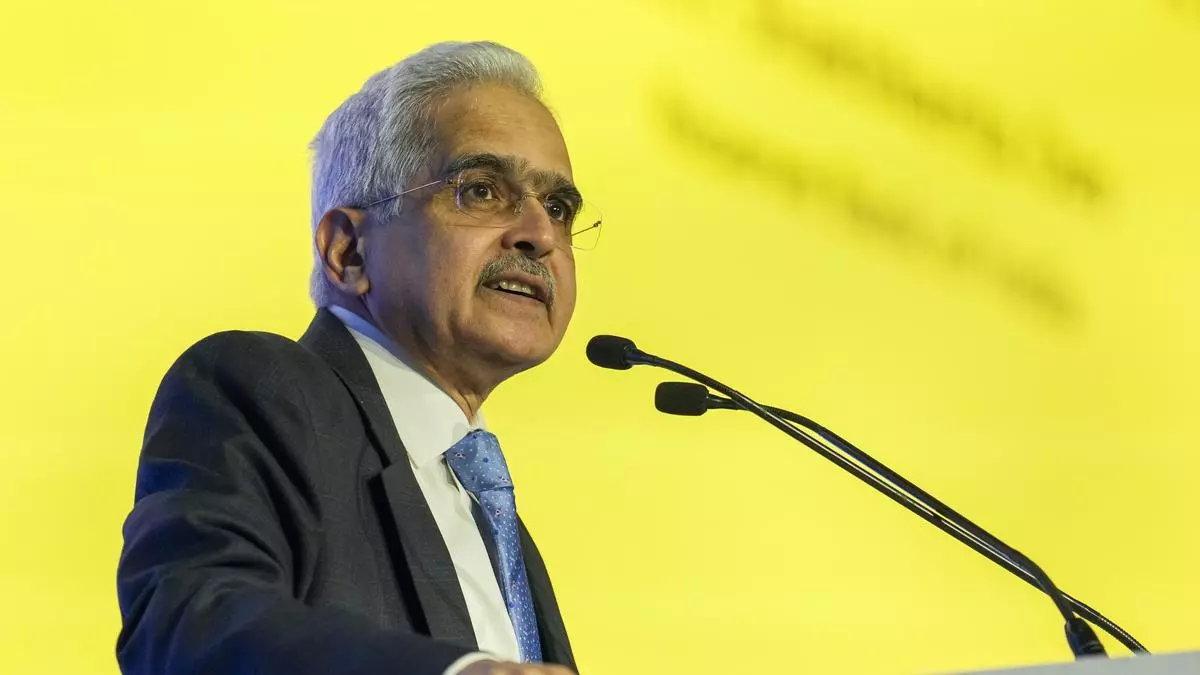In bid to foster fintech sector, RBI grants SRO recognition to Fintech Association for Consumer Empowerment
The Reserve Bank of India (RBI) has granted recognition to one out of the three industry bodies/entities in the fintech sector, which had applied for recognition as a self-regulatory organisation (SRO), said Governor Shaktikanta Das.
“Of the remaining two applications, one application has been returned with a provision for resubmission after meeting certain requirements,” Das said in his address at the 5th edition of the Global Fintech Fest.
Currently, the prominent industry bodies in the fintech sector include Payments Council of India, Fintech Convergence Council and Digital Lenders Association of India.
‘FACE’ recognition
RBI, in a statement, said it has decided to recognise the Fintech Association for Consumer Empowerment (FACE) as a Self-Regulatory Organisation in the FinTech Sector (SRO-FT).
The move follows the announcement of the final framework for recognition of self-regulatory organisations for FinTech (SRO-FT) by the Reserve Bank in May 2024.
Das noted that a preferred approach for achieving balance between innovation and prudent regulation involves self-regulation within the fintech sector.
“SROs, comprising industry participants and having a good understanding of the sector’s unique challenges and opportunities, would be in a position to give appropriate suggestions to the Regulators on regulations that are both practical and effective,” he said.
The Governor observed that through regular consultations, feedback mechanisms and policy dialogues, the SROs would facilitate open communication and enable fintechs to stay informed about regulatory expectations and priorities.
“Just to illustrate the depth of our engagement with fintechs over the past one year, I would like to mention that the officials and teams from various departments of the Reserve Bank have engaged in about 750 interactions bilaterally and held about 50 structured meetings with fintech players. I reiterate our commitment to fostering a dynamic Fintech sector,” he said.
Keeping up
Das underscored that India is now a fast-growing economic powerhouse with an increasingly tech-savvy population.
“India’s financial sector has witnessed a remarkable transformation, driven, among other factors, by the FinTech sector. Publicly available information places the number of FinTechs founded in India at approximately 11,000. The sector has received investments of about $6 billion in the last two years alone,” he said.
On sustainable finance, Das said green bond and green deposit frameworks face several challenges. These include scalability, as the market for green bonds needs to expand significantly to attract larger issuances and diverse set of investors. “Ensuring authenticity and impact of green projects, financed through these frameworks, requires robust monitoring and reporting mechanisms. Technology can play a pivotal role in overcoming these challenges. Blockchain technology, for instance, can enhance transparency and traceability in green bond issuances and provide immutable records of project impacts. Fintech innovations such as digital platforms for trading green bonds and impact measurement tools can streamline processes and attract a broader investor base,” Das said.
